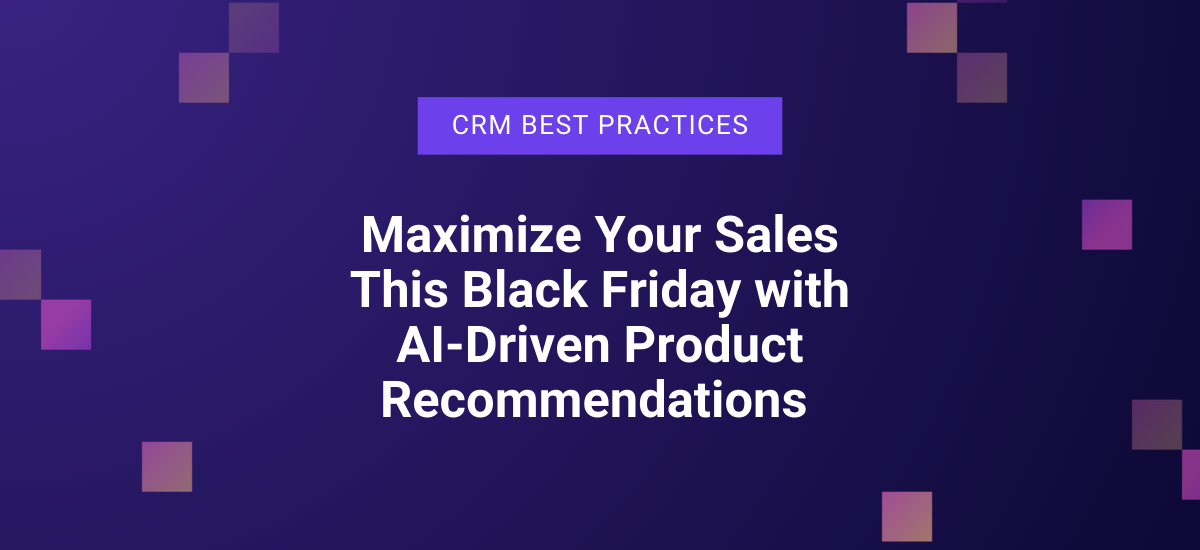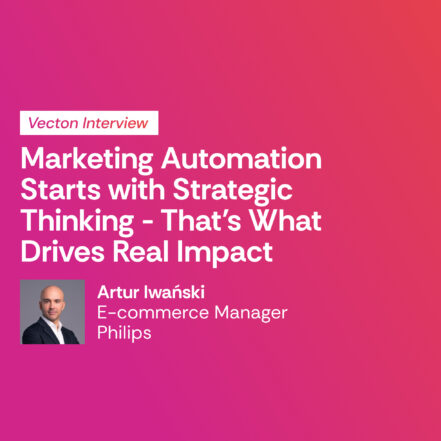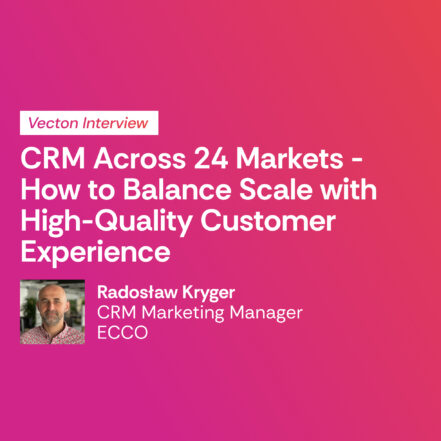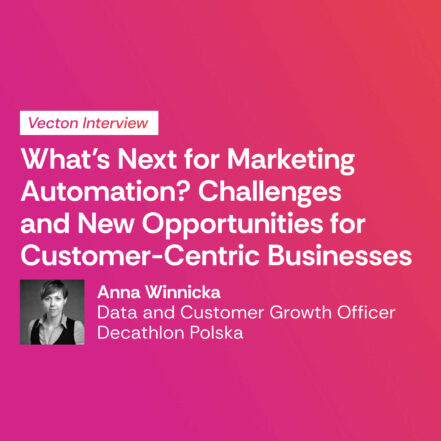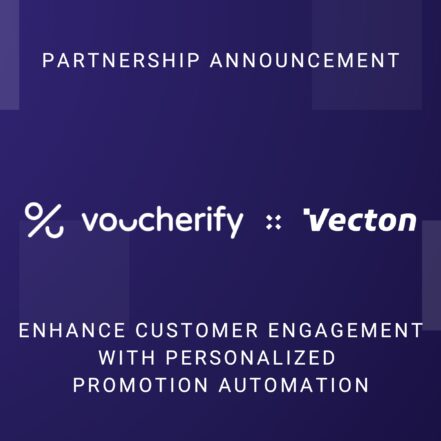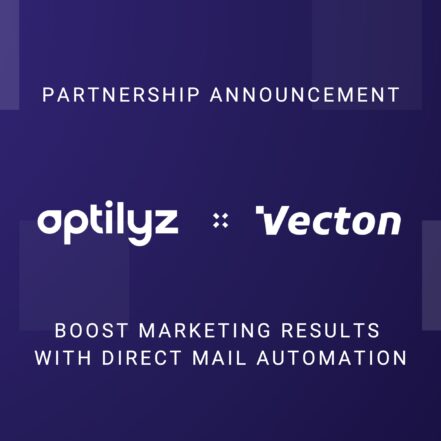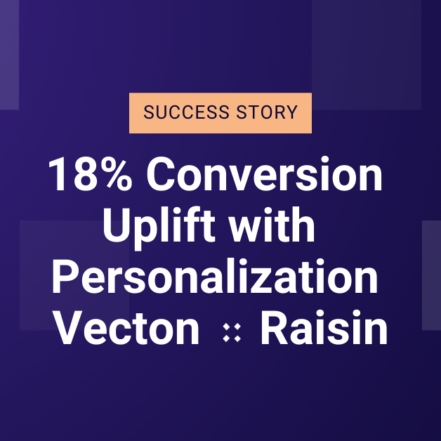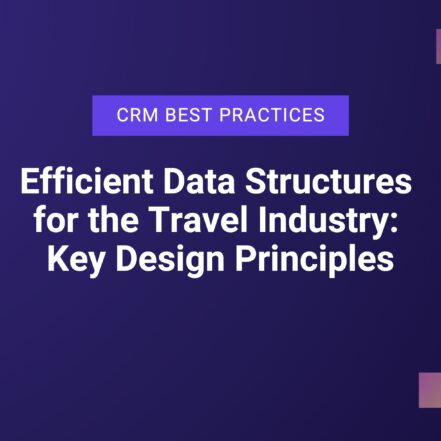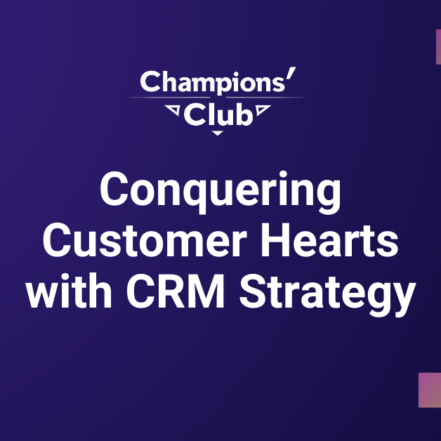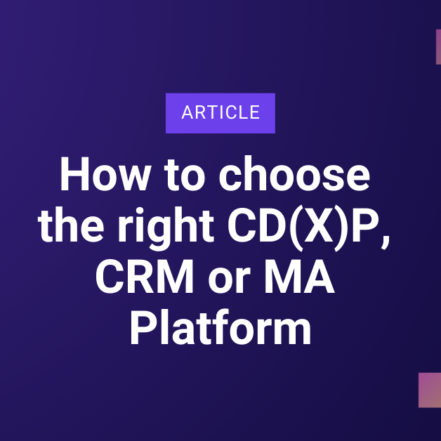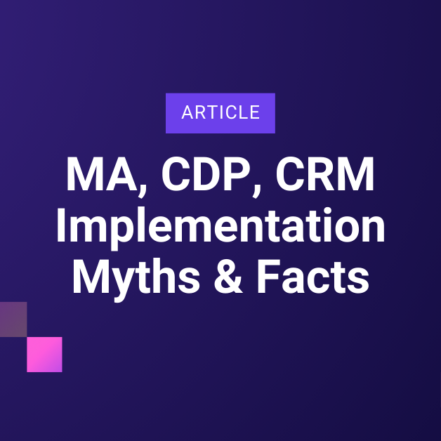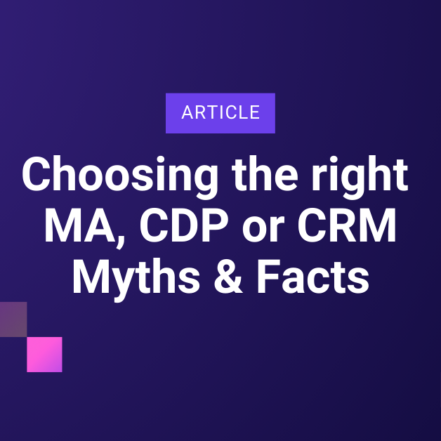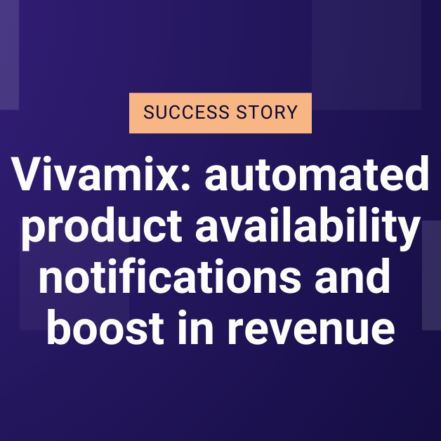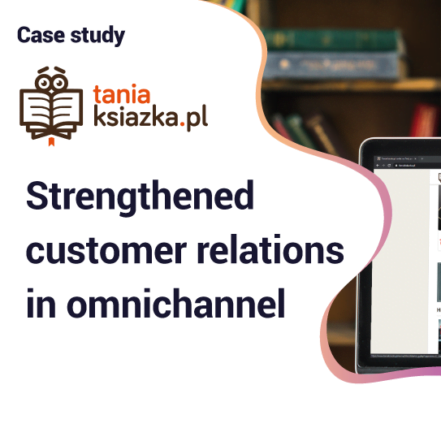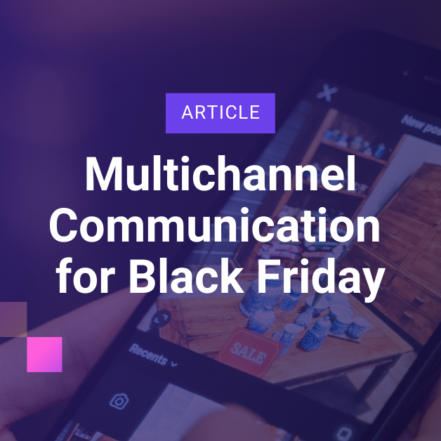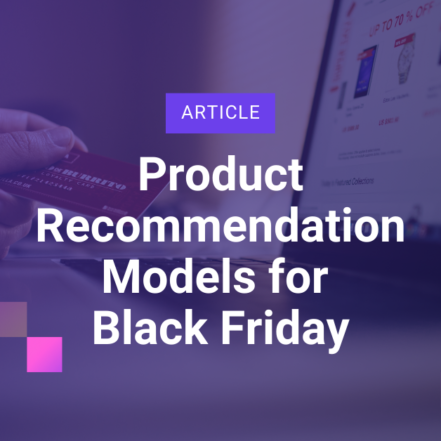Introduction
Black Friday 2025 is fast approaching, and competition in eCommerce has never been fiercer. Customers are overwhelmed with offers, while brands are under pressure to convert traffic into profitable sales.
One of the most powerful tools in this battle is the product recommendation engine. According to industry data, recommendation blocks can account for up to 35% of total eCommerce revenue, and during Black Friday peaks, they often drive the largest share of additional sales. The difference between an average Black Friday and a record-breaking one often comes down to how precisely you tailor recommendations, which products you highlight, and how you manage customer segments.
In this guide, you’ll find evidence-based practices, AI-driven innovations, and insights drawn from Vecton’s experience with retailers like TaniaKsiazka.pl to help you optimize your recommendation strategy ahead of the biggest shopping event of the year.
1. Upgrade Your Recommendation Engine with AI
The landscape of recommendation technology has evolved dramatically. In 2025, most leading MarTech platforms include AI-powered personalization as standard, but the level of sophistication varies.
This year, the focus is shifting toward:
- Real-time personalization — recommendations adapt instantly as shoppers browse.
- Session-based models — algorithms consider not only purchase history but also current browsing context.
- Style-aware recommendations — factoring in visual preferences, not just product categories.
- Predictive analytics & anomaly detection — surfacing what a customer is likely to want next, while ensuring recommendation quality at scale.
- Real-time loyalty segmentation — dynamically adjusting product mixes for high-value segments.
Before Black Friday, it’s worth auditing your current provider’s capabilities and ensuring you have access to the newest engine types. Small changes in algorithm sophistication can translate into double-digit lifts in conversion during high-traffic events.
2. Prioritize & Promote the Right Products
Not every product deserves equal visibility during Black Friday. The art of effective recommendations lies in aligning customer interest with business priorities. To get it right, consider three angles:
- Customer intent — Products repeatedly viewed, added to carts, or saved to favourites are strong signals of interest. Highlighting them helps customers make quicker decisions.
- Commercial value — Balance popular discounted items (to drive volume) with high-margin products or strategic brands (to protect profitability).
- Operational efficiency — Use recommendations to clear aging stock or spotlight products with healthy availability, ensuring smooth fulfillment during peak demand.
Equally important is timing. Many consumers shop for holiday gifts during Black Friday, so promoting curated bundles, gift-ready items, or seasonal bestsellers can increase average order value while reducing choice overload.
In short: the best recommendation engines don’t just amplify what’s popular—they filter through intent, value, and logistics to surface the products that serve both the customer and the business.
3. Minimize Distractions by Excluding the Wrong Products
Time and attention are scarce during Black Friday. Every recommendation slot should serve a clear purpose. Consider excluding:
- Low-margin products.
- Products with low or uncertain stock levels.
- Items already purchased (unless they’re consumables).
- Products requiring complex packaging or longer preparation times.
- Items the customer buys regularly anyway (monthly staples).
By removing noise, you make it easier for customers to focus on the most relevant offers—improving both conversion and satisfaction.
4. Reward Loyalty with Smarter Recommendations
Black Friday isn’t just about short-term sales; it’s also an opportunity to strengthen long-term relationships. Loyal customers deserve special treatment, and AI can help deliver it.
- Dedicated models for loyal segments — historical data enables more accurate recommendations for these customers.
- Broader product exposure — you can afford to recommend lower-margin items here, focusing on increasing frequency and Customer Lifetime Value (CLTV).
- Exclusive campaigns — send personalized recommendation sets via dedicated emails, loyalty club perks, or in-session offers.
- Gamified experiences — reward loyal shoppers with real-time discounts or hidden bundles as they browse.
By tailoring recommendations to your most valuable customers, you make them feel recognized and improve retention well beyond Black Friday.
5. Ensure Quality with Rigorous Monitoring
AI recommendations work at scale—but scale can amplify mistakes if left unchecked. Quality assurance is critical, especially during high-volume events.
Best practices include:
- Running pre-launch tests on example customer segments.
- Setting up dashboards to monitor key KPIs (CTR, AOV, conversion from recommendation clicks).
- Using email or Slack alerts when anomalies occur.
- Keeping a team ready with access and know-how to apply fixes quickly.
Increasingly, companies use AI-driven anomaly detection to spot problems in real time, ensuring recommendations remain reliable even under Black Friday load.
Case Study: How TaniaKsiazka.pl Strengthened Customer Relations During Black Week
During Black Week 2020, TaniaKsiazka.pl worked with Vecton to automate personalized communications at scale. By leveraging advanced segmentation and tailored recommendations, the brand not only increased sales but also deepened customer loyalty at a time when competition was fierce.
This shows how recommendation engines, when combined with thoughtful strategy, can deliver both short-term revenue boosts and long-term relationship gains.
Find it here: https://vecton.pl/2021/03/09/how-taniaksiazka-pl-strengthened-customer-relations-during-black-week-2020-case-study/
Conclusion & Next Steps
Black Friday 2025 will reward those who prepare early and think strategically. By:
- Upgrading your recommendation engine with AI.
- Prioritizing products based on intent, value, and logistics.
- Excluding low-value distractions.
- Rewarding loyal customers with smarter offers.
- Monitoring quality in real time.
…you’ll be positioned not only to maximize this year’s sales, but also to build stronger customer relationships that last into 2026 and beyond.
At Vecton, we specialize in helping eCommerce leaders configure, monitor, and optimize recommendation systems that deliver both revenue and retention. If you’re preparing your Black Friday strategy and want expert support, get in touch with our team for a tailored consultation.
